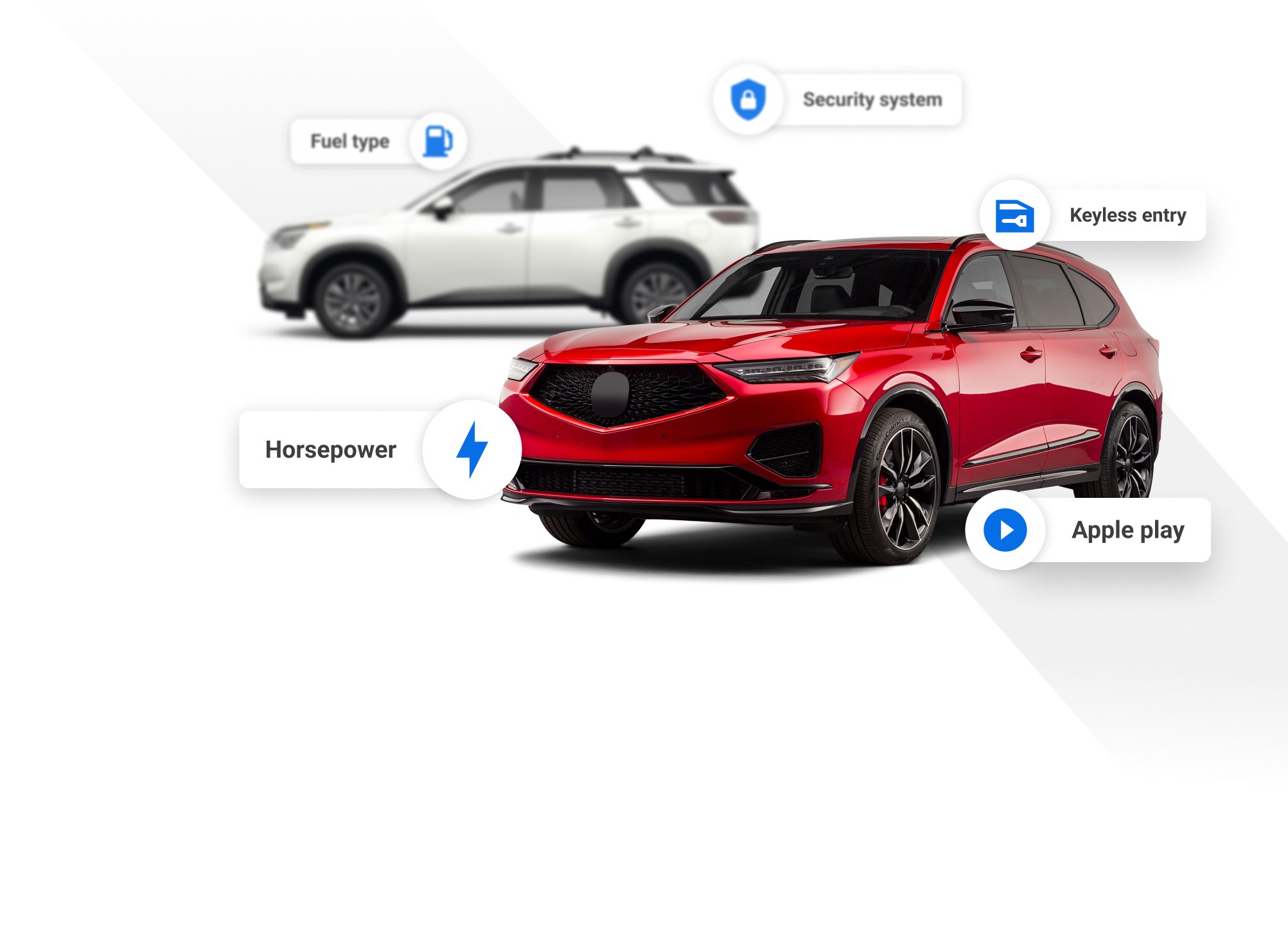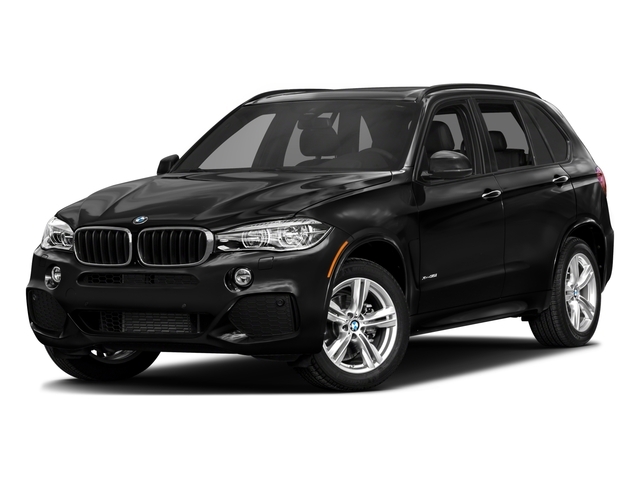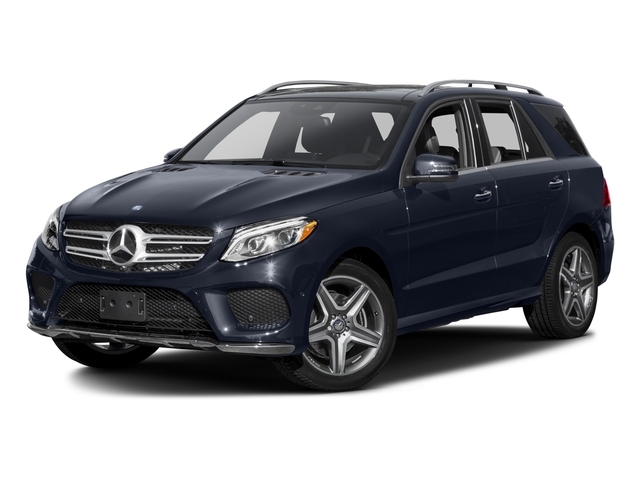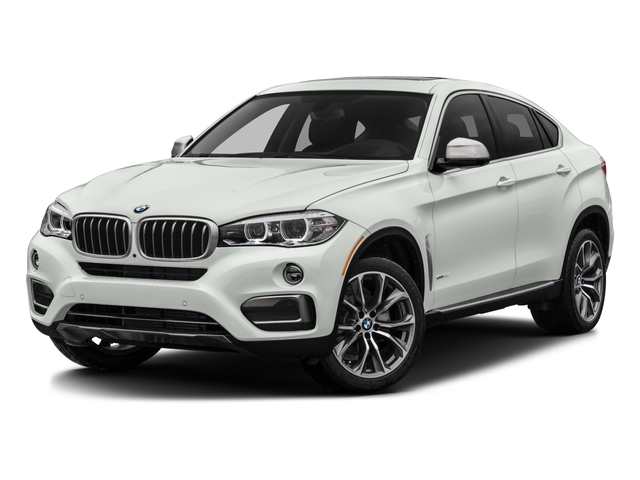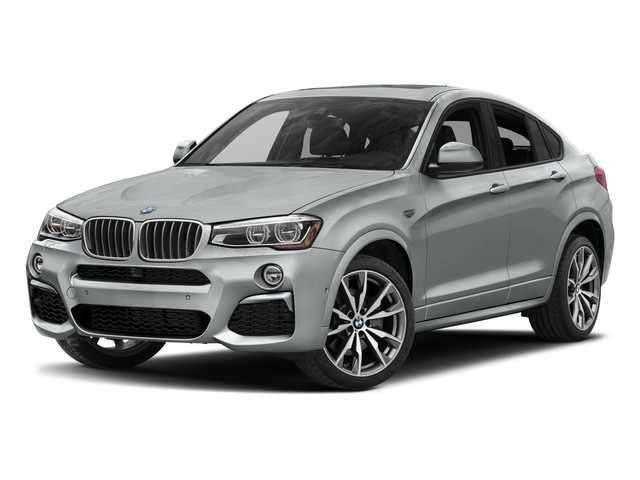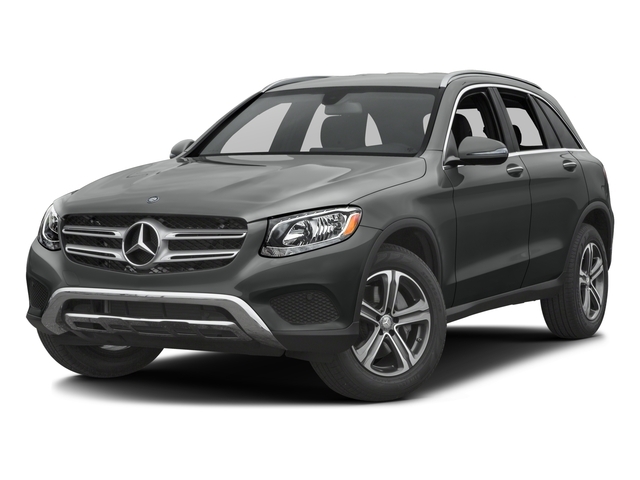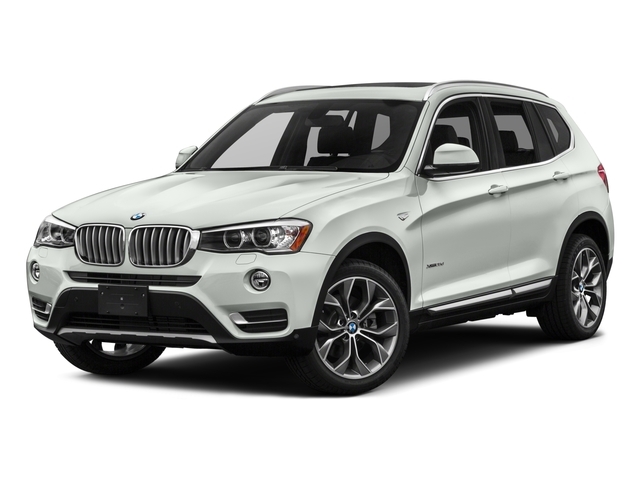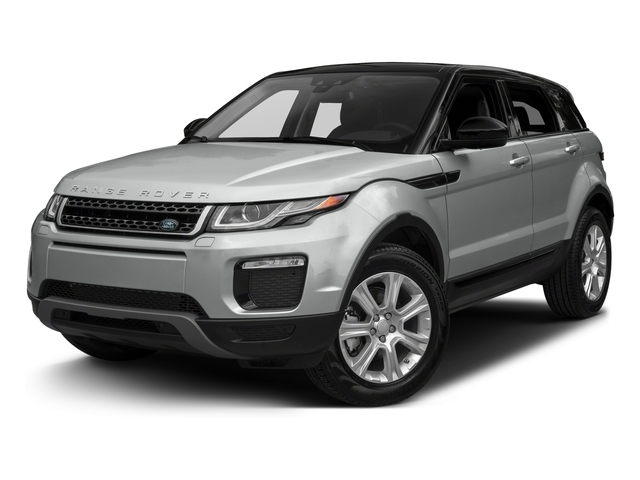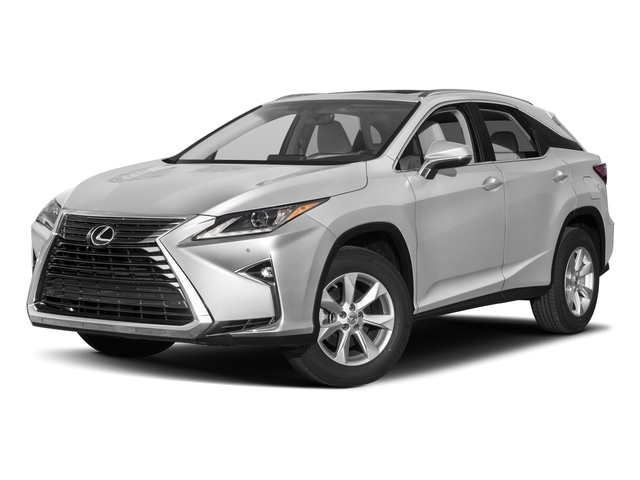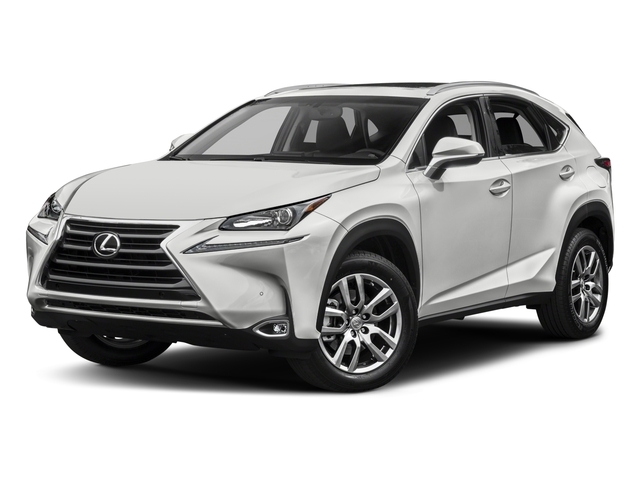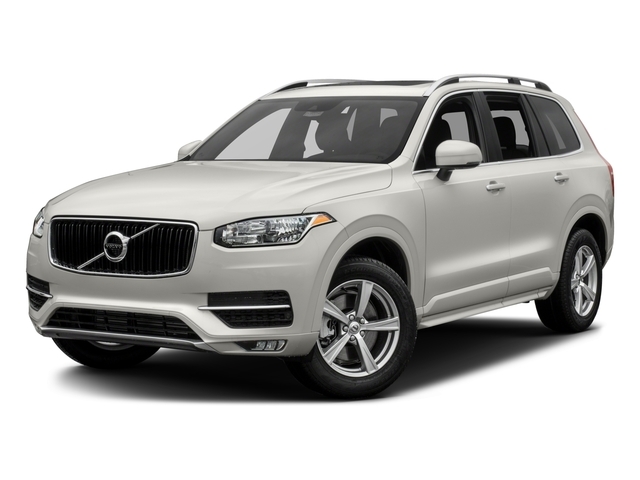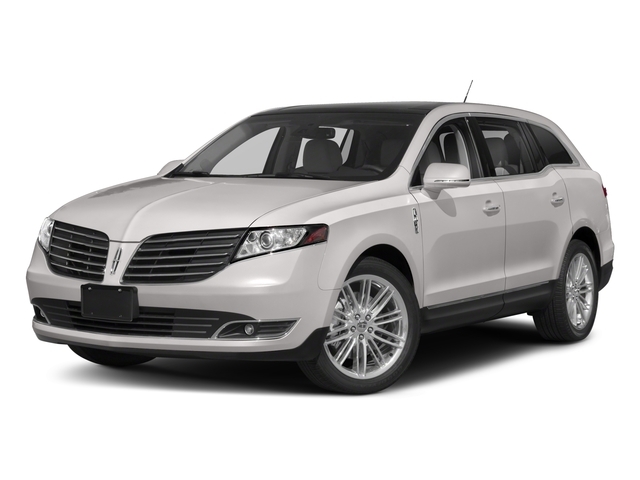
2017 Audi Q7

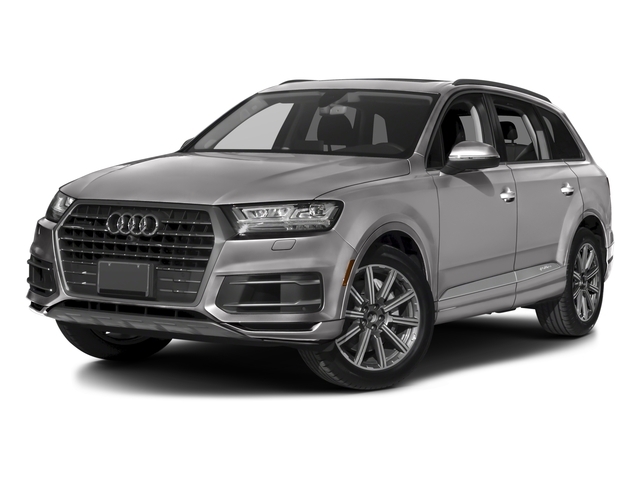
Key Specifications for 2017 Audi Q7






Buyer’s Guide
With over a half million units produced since it launched a decade ago, Audi’s first true sport utility vehicle has been a real success. A brand new model arrives for 2017, promising improved performance, sybaritic creature comforts, and stunning new technologies which could very well help the Q7 become a class leader well into the next decade.
It all starts with the Q7’s frame. It’s the first vehicle to use Volkswagen Group’s new MLB II architecture, which will be shared with future VW, Bentley, and Porsche products. Although the structure isn’t an aluminum space frame as with Audi’s flagship A8 and R8, aluminum is used extensively for the body panels, and suspension. Depending on configuration and equipment, the Q7 can be more than 300 kg lighter than its predecessor!
It certainly looks lighter. The former curvy bodywork is now chock full of chiseled edges and creases, while the matte chrome hexagonal grille and LED headlamps dominate the front view. Overall the Q7 is slightly shorter in length, but maintains its height. The new styling makes it look longer and lower – much more like a crossover-wagon than a traditional SUV.
Inside, the Q7 dazzles with cutting edge technology. The 12.3-inch Virtual Cockpit instrument cluster is standard, and is augmented by a retractable TFT centre console display that is controlled via the latest MMI interface. The sleek cabin is, as you’d expect, finished in top-notch materials. Massaging, ventilated front seats are available, is a premium Bang & Olufsen 3D Sound System. Overall, the new Q7 is slightly roomier than before with more legroom and headroom in the second and third row. A lower trunk floor and standard power tailgate help make loading and unloading cargo easier.
Audi offers the Q7 in three trim lines: Komfort, Progressiv, and Technik. All come with a 333-hp 3.0-litre supercharged V6 engine that’s carried over from the outgoing model. Quattro is standard, as is an eight-speed automatic. Both acceleration and fuel economy have improved significantly thanks to the diet, as too has the crossover’s handling – especially when the optional rear-wheel steering and five-mode air suspension system are fitted.
When it comes to active safety equipment, the Q7 has much to offer. Beyond emergency autonomous braking and lane-keeping assist, it can be equipped with semi-autonomous traffic cruise control which handles steering, braking, and acceleration, plus an enhanced Pre-Sense City emergency autonomous braking system that keeps a watchful eye out for pedestrians and vehicles at a distance of up to 100 metres at speeds of up to 85 km/h.
Pricing for the new Q7 3.0 TFSI Komfort starts at $65,200, with the range-topping 3.0 TFSI Technik selling for $73,500.
Review & Compare:
Photos

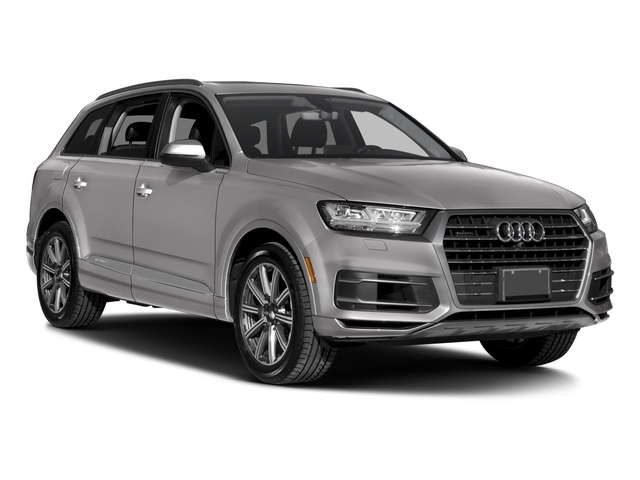
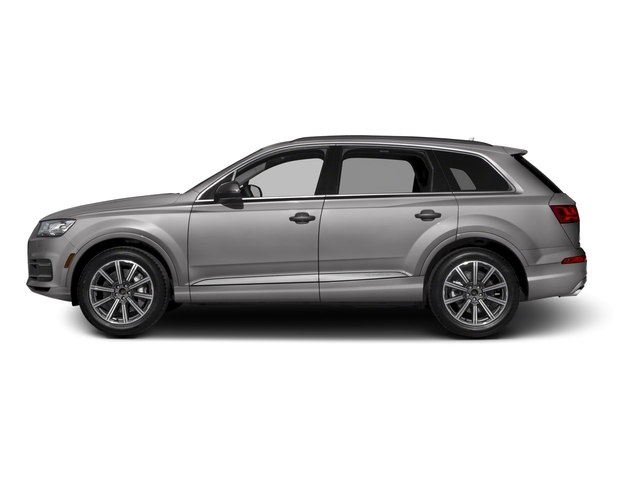
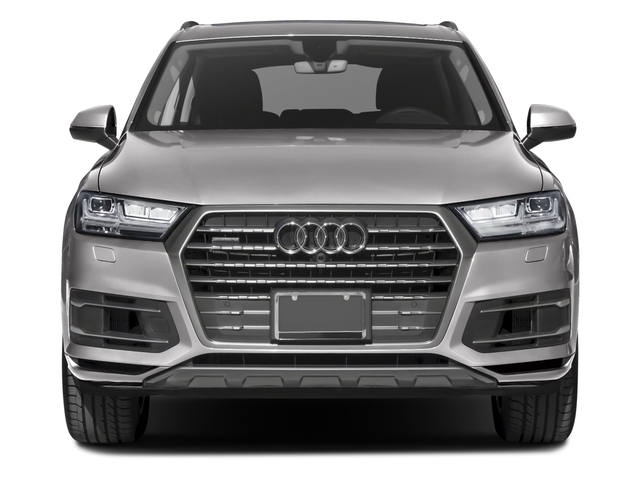
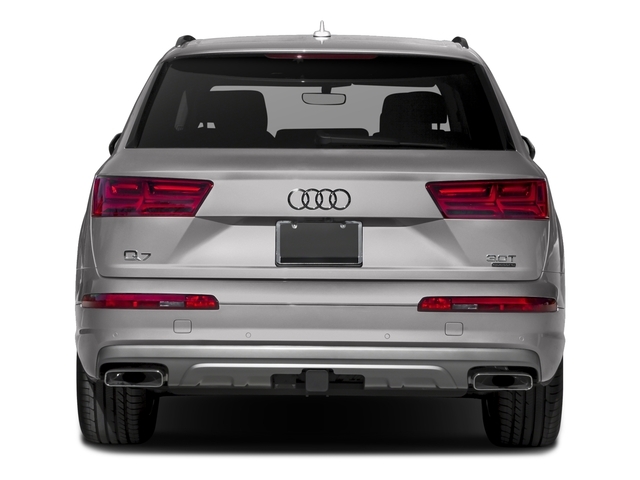
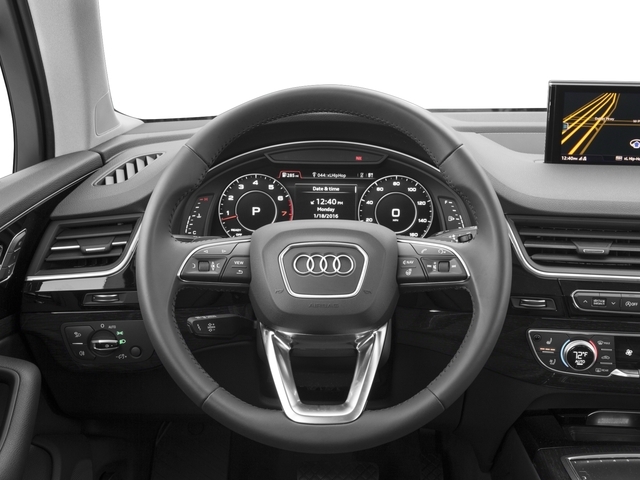
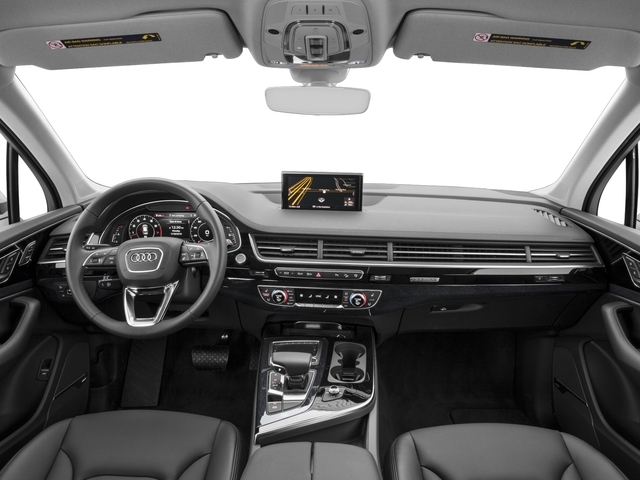
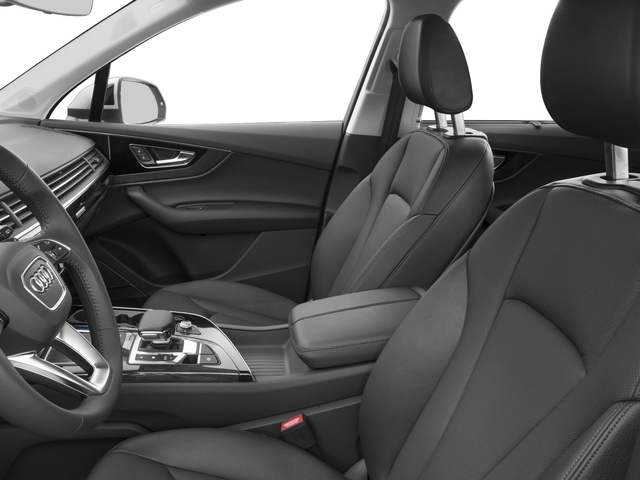
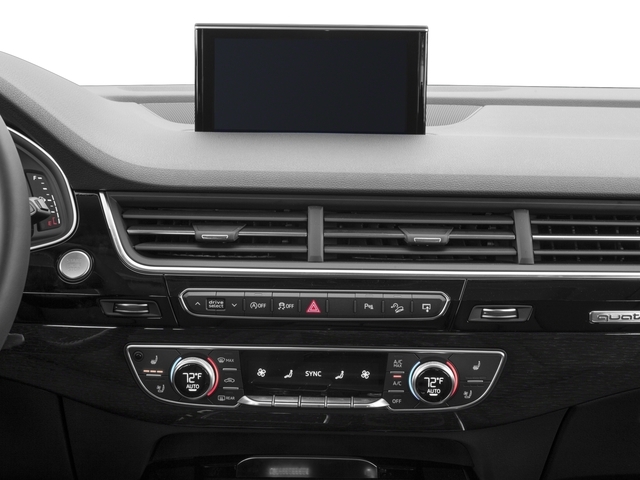
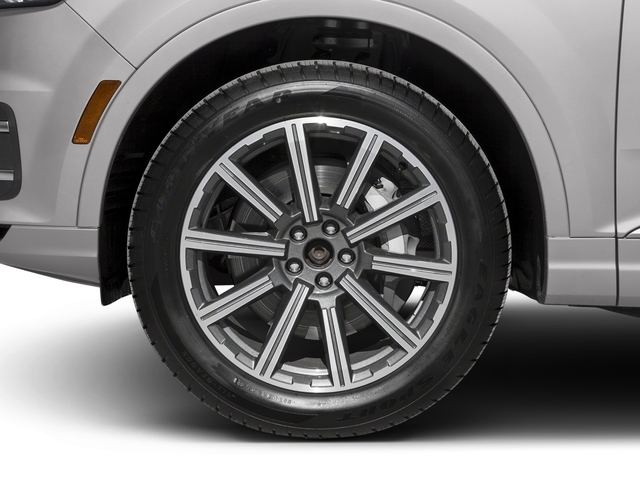
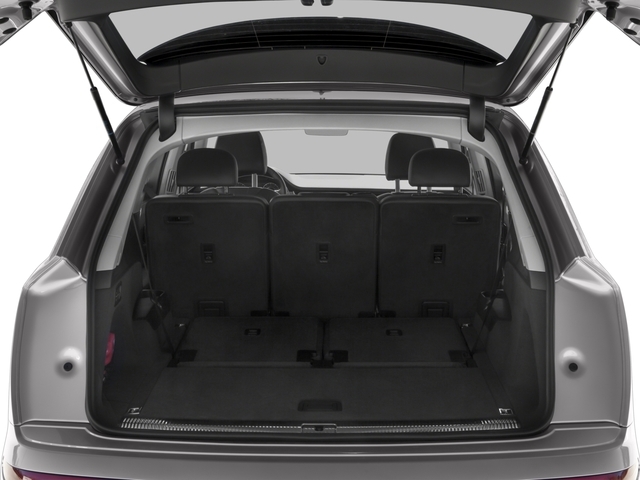
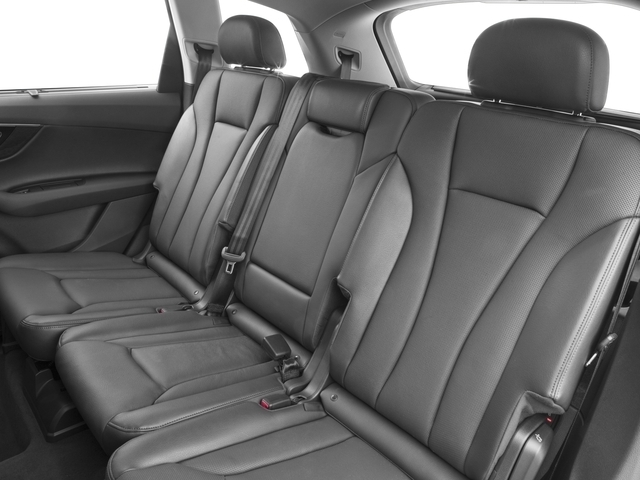
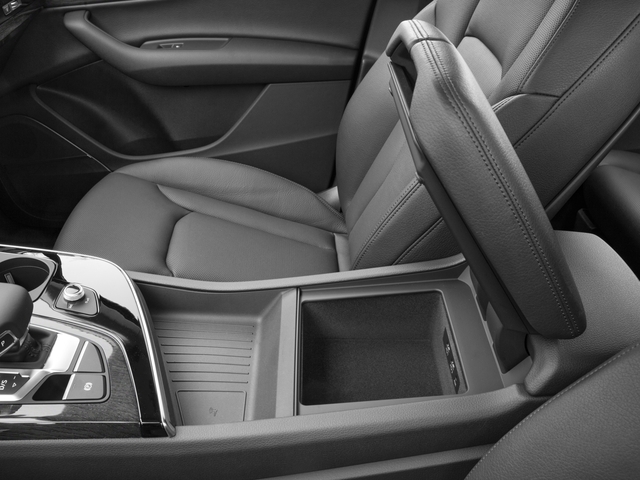
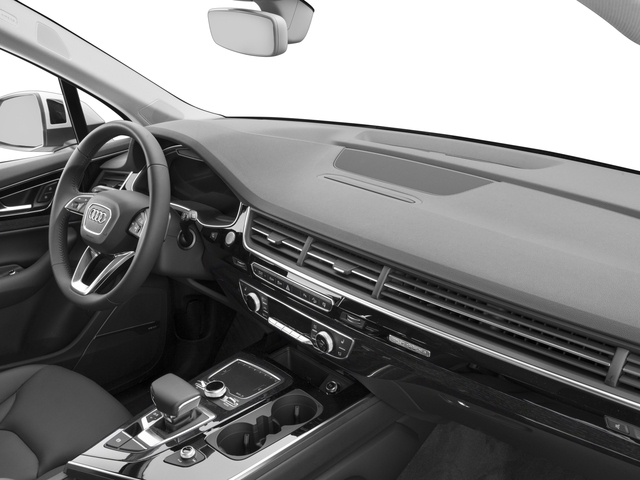
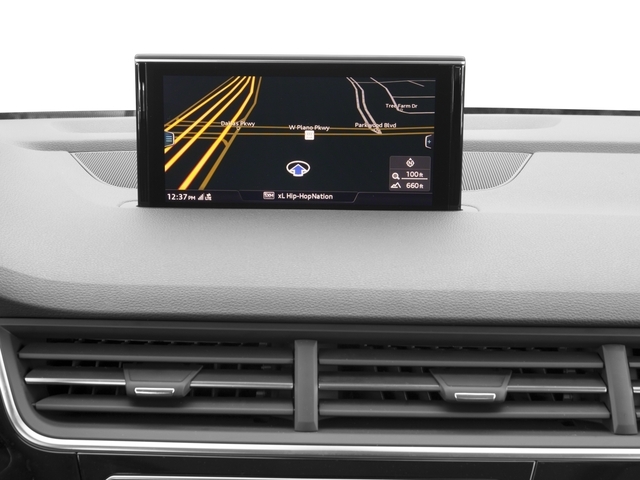















AutoTrader Review





